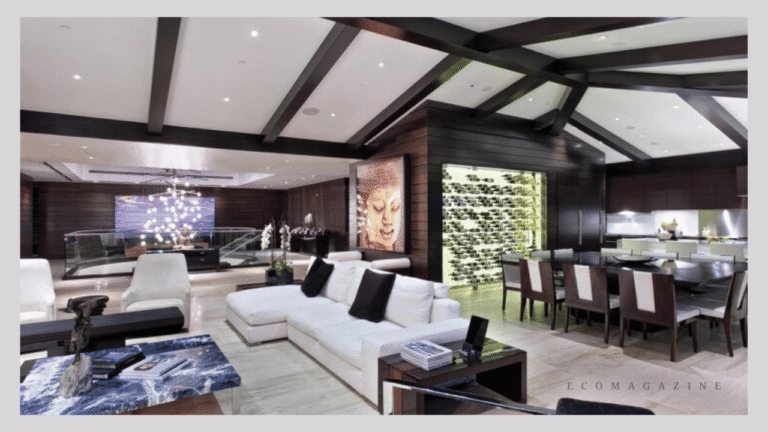In the competitive landscape of Sydney’s hospitality industry, establishing a unique and inviting atmosphere is crucial for success. One effective way to achieve this is by investing in expertly designed hospitality fitouts in Sydney. These are tailored to convey the brand message clearly and enhance the overall customer experience.
The city’s vibrant hospitality sector is home to a diverse range of establishments, from chic cafes to upscale restaurants. Each requires a distinct aesthetic and functional layout to ensure they stand out and operate efficiently. This guide delves into the essential elements of remarkable hospitality fitouts and their impact on business success.
The Importance of Hospitality Fitouts
Hospitality fitouts play a pivotal role in transforming a space into an engaging environment that aligns with a business’s brand identity. They are not just about aesthetics but also encompass functionality, comfort, and compliance with industry regulations. In Sydney, a city known for its dynamic and diverse dining scene, the right fitout can set a venue apart from the competition.
Designing a space that is both visually appealing and practical can significantly enhance customer satisfaction, drawing more patrons and encouraging repeat visits. Additionally, well-planned layouts cater to the efficient flow of staff, which is essential in delivering high-quality service quickly and effectively.
Key Components of a Successful Fitout
Several factors contribute to the success of hospitality fitouts. Understanding these can help business owners make informed decisions that align with their vision and budget.
Space Planning and Layout
Effective space planning is the cornerstone of any successful fitout. It involves optimising the available area to ensure that it accommodates the necessary facilities and furniture without compromising on comfort and accessibility. An intuitive layout enhances navigation and seating arrangements, creating a welcoming atmosphere for patrons.
Interior Design and Theme
The interior design and theme of a hospitality venue should reflect its brand identity and target audience. Whether aiming for a rustic charm or a sleek modern look, the choice of materials, colour schemes, and furnishings must be consistent with the establishment’s overall image. This coherence in design not only appeals to customers but also instills a sense of brand loyalty.
Compliance and Regulations
Adhering to local regulations and safety standards is paramount in hospitality fitouts. This includes ensuring accessibility for all customers, meeting health and safety requirements, and obtaining necessary permits. Non-compliance can lead to legal complications, fines, and detract from the business’s reputation.
Benefits of Professional Fitout Services
Hiring professional fitout services offers numerous advantages. Experts in the field bring invaluable experience and insights that can transform a business’s vision into reality. Their proficiency ensures the project is completed efficiently, on time, and within budget, while maintaining high-quality standards.
Additionally, professional services often provide a comprehensive package that covers all aspects of a fitout, from initial design to final implementation. This streamlined approach minimises disruptions to business operations and ensures a seamless transition to the newly designed space.
Choosing the Right Fitout Partner
Selecting a fitout partner is a critical decision that can impact the success of a hospitality venue. Business owners should seek out providers with a proven track record, extensive portfolio, and a deep understanding of the local market. A partner who listens to the client’s vision and offers custom solutions is also crucial.
It is advisable to review past projects, client testimonials, and engage in detailed consultations to ensure the chosen provider aligns with the business’s objectives and values.
Cost Considerations
While quality fitouts involve a significant investment, they also offer a considerable return in the form of increased customer attraction and revenue. It is essential to balance the initial costs with the long-term benefits and to budget realistically for the project. This includes accounting for potential unexpected expenses and overruns.
Many fitout companies offer flexible pricing models and financing options to suit different budgets. It is worthwhile to explore these options and discuss them with potential providers to find the best match for your financial plans.
Conclusion
Investing in hospitality fitouts is a strategic move that can dramatically enhance a business’s market appeal and operational efficiency. In a bustling and competitive area like Sydney, creating an inviting space that resonates with customers is a crucial factor in achieving sustained success. By considering the elements highlighted in this guide, hospitality businesses can navigate the fitout process effectively and position themselves favourably in the thriving Sydney market.


